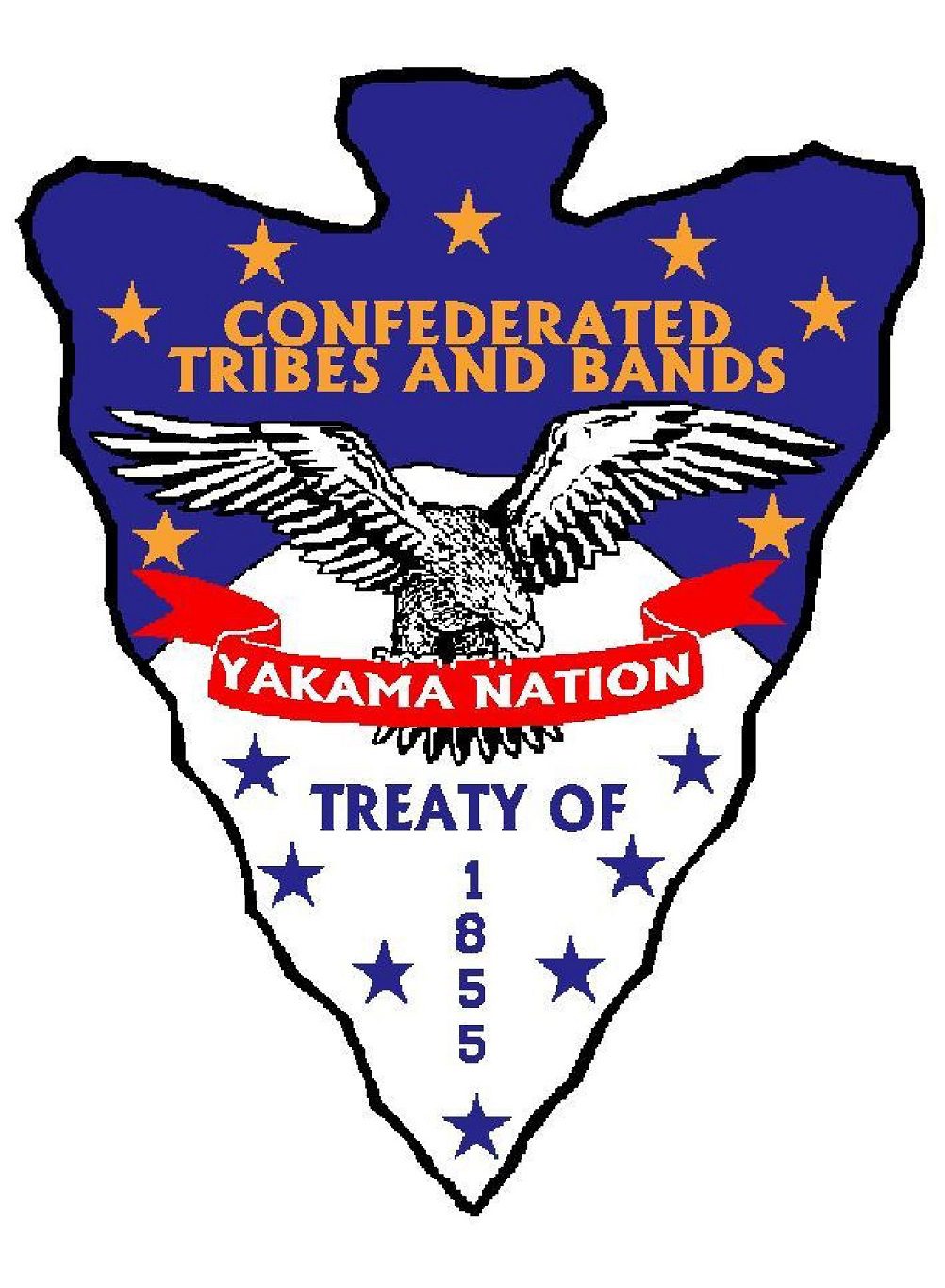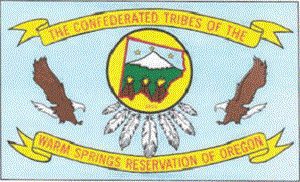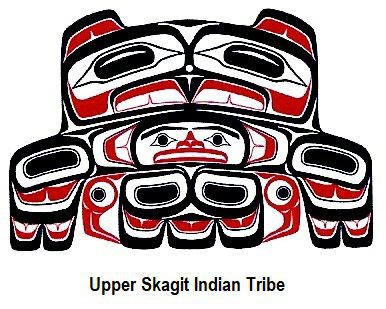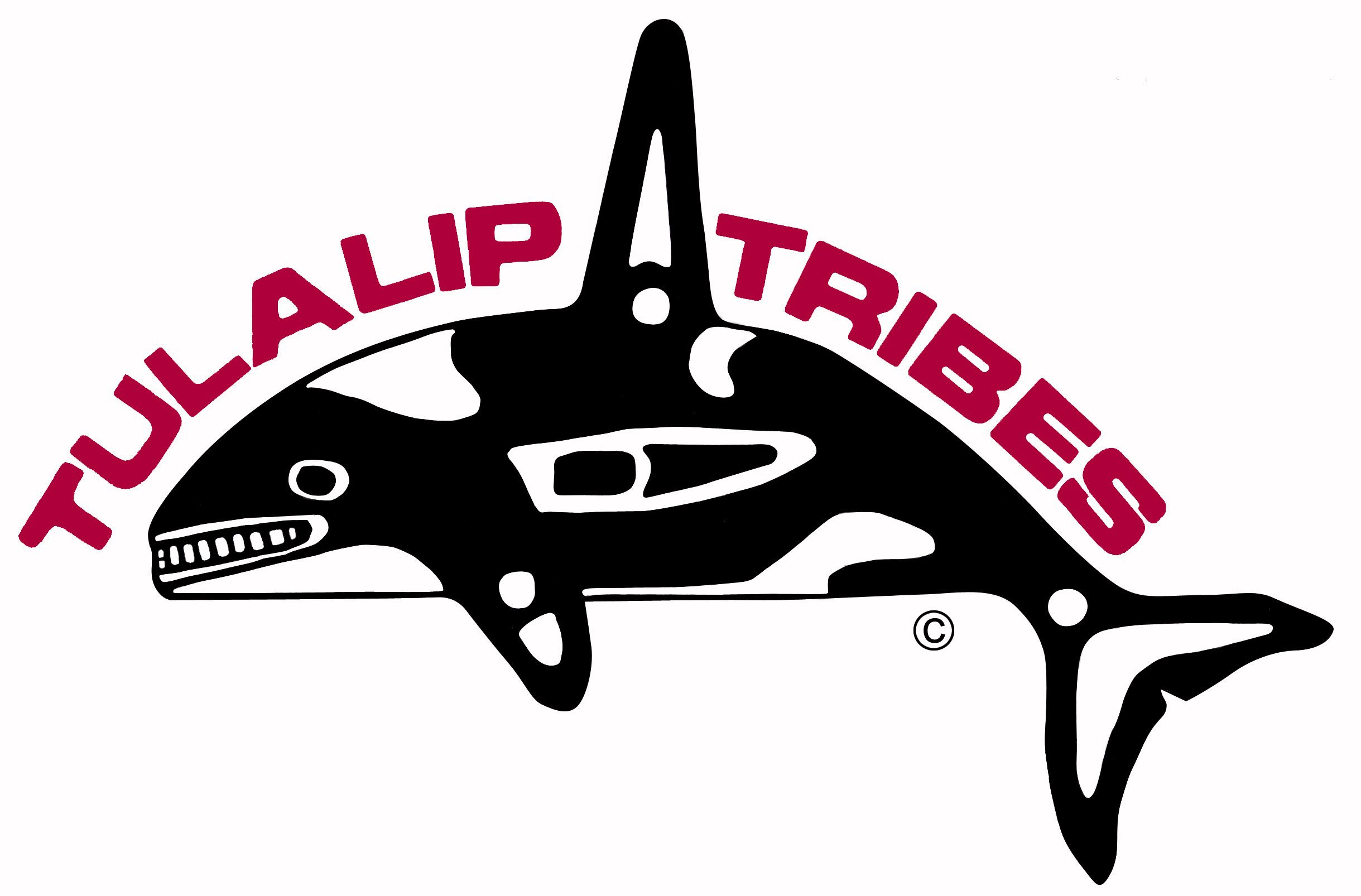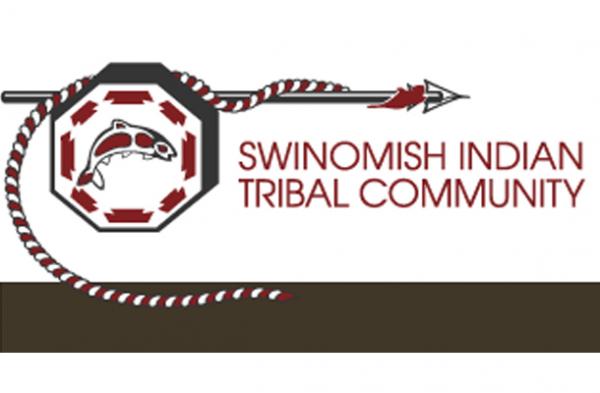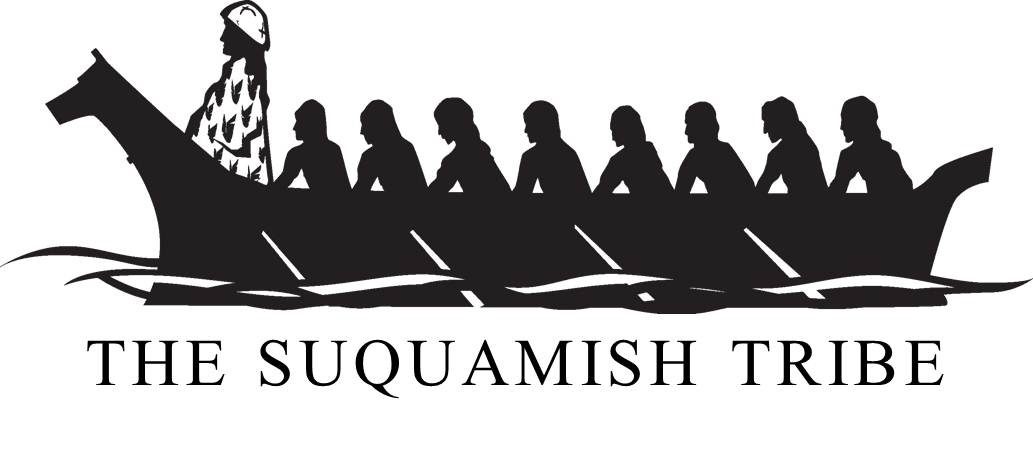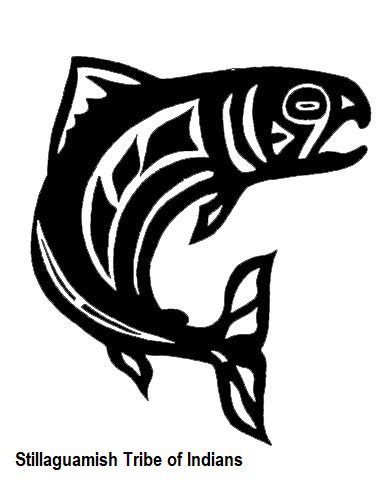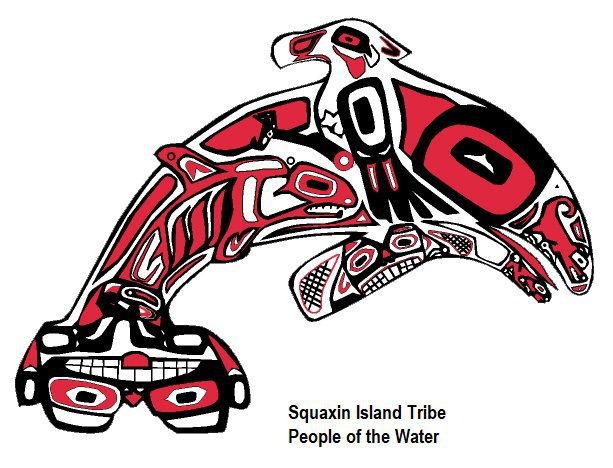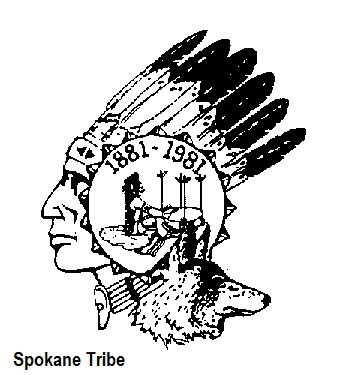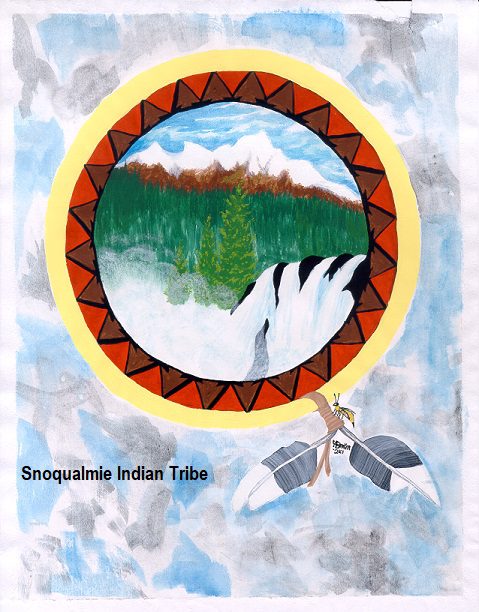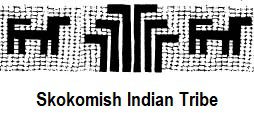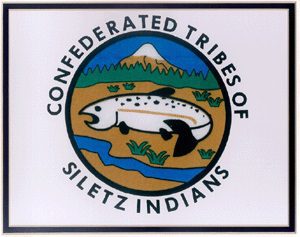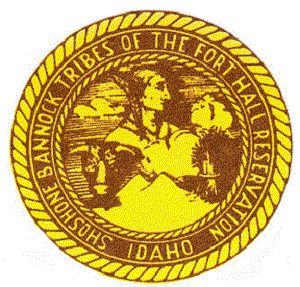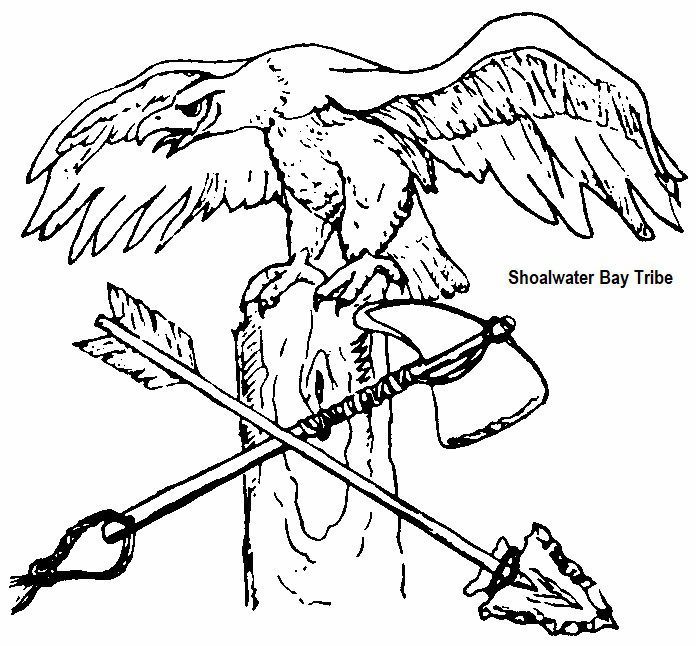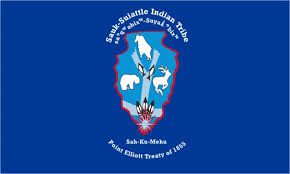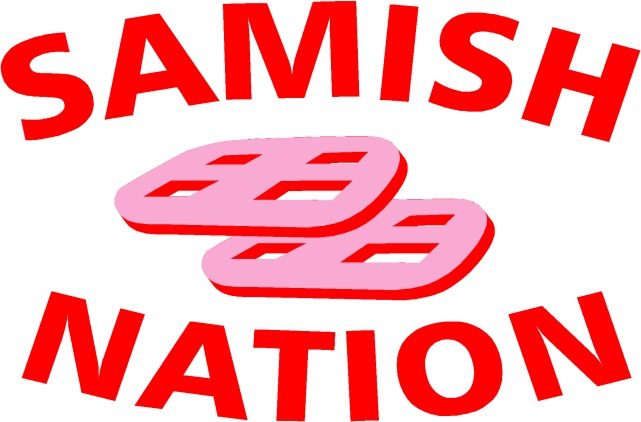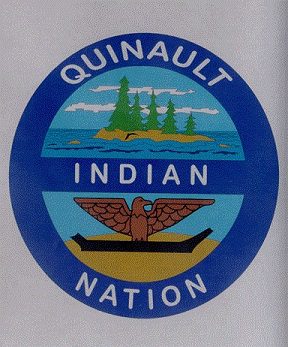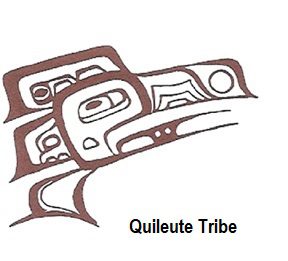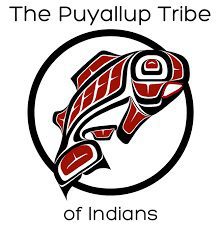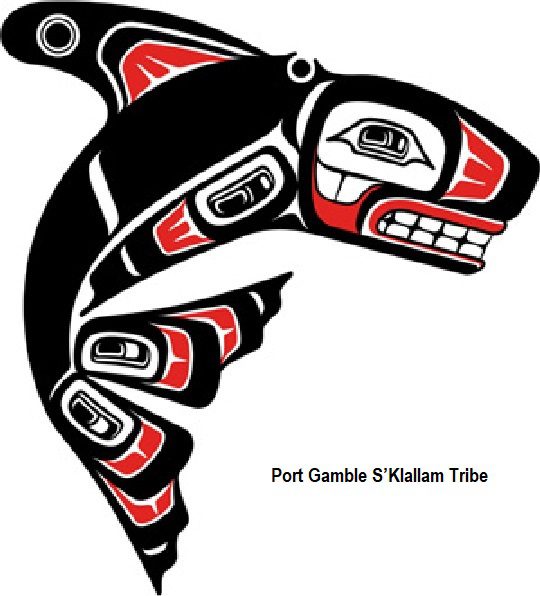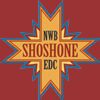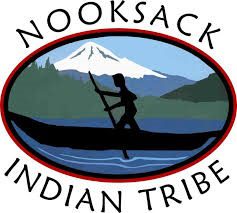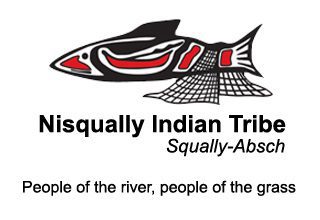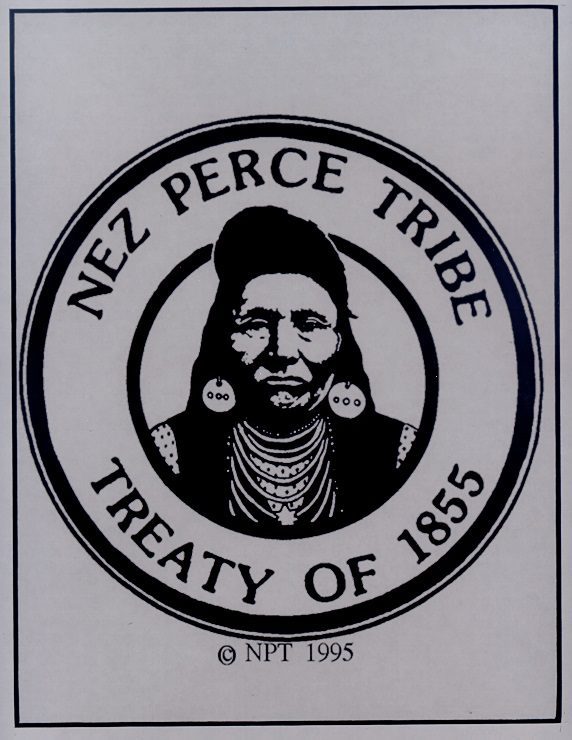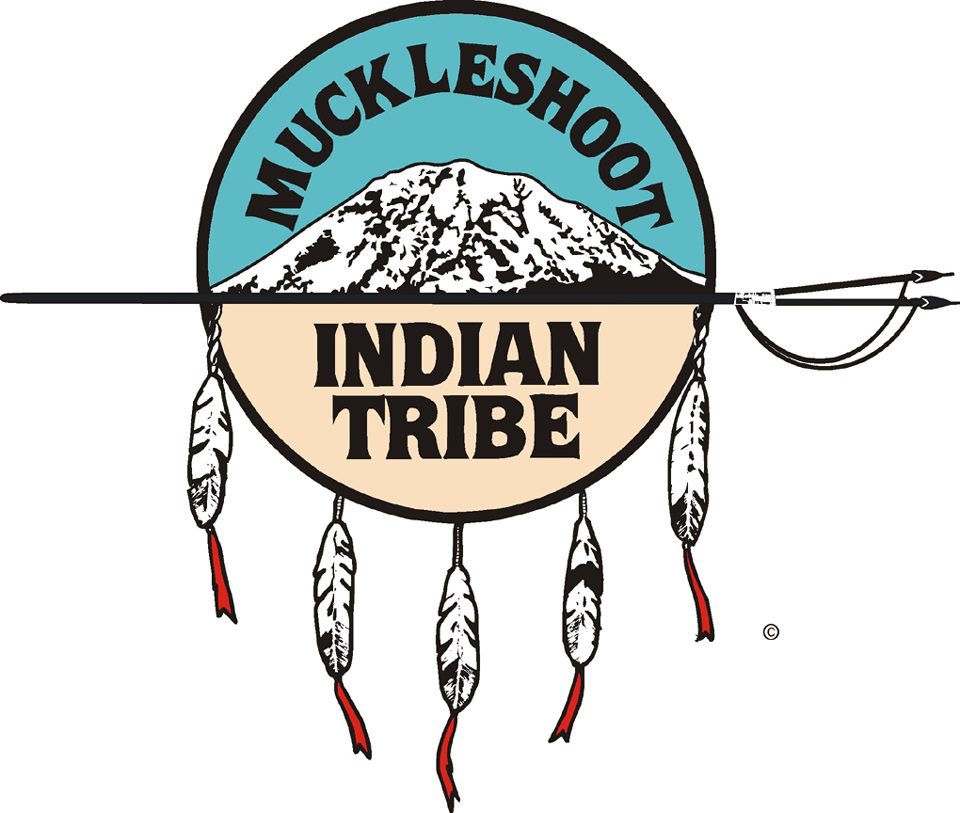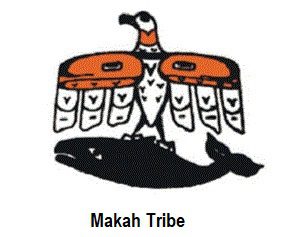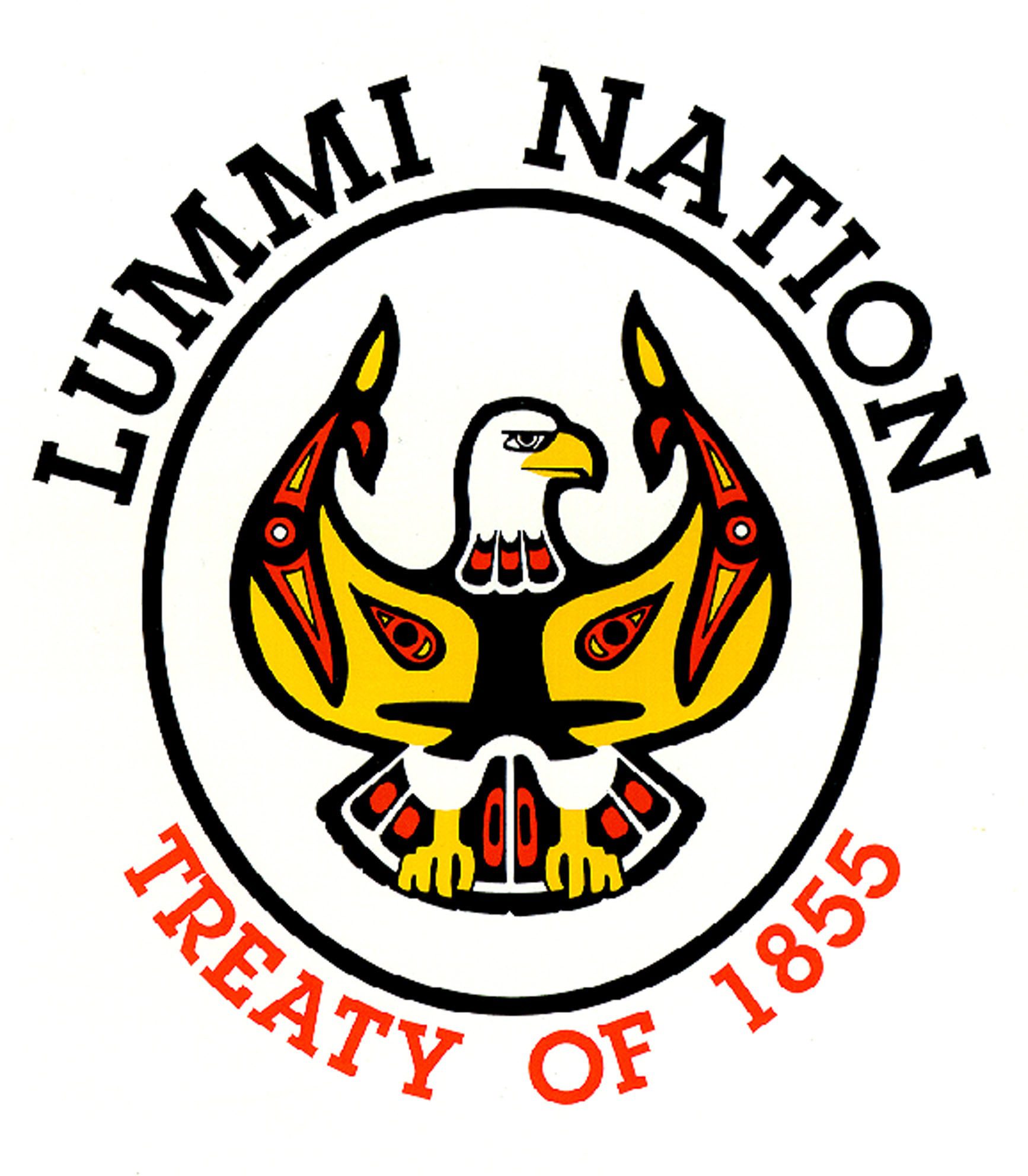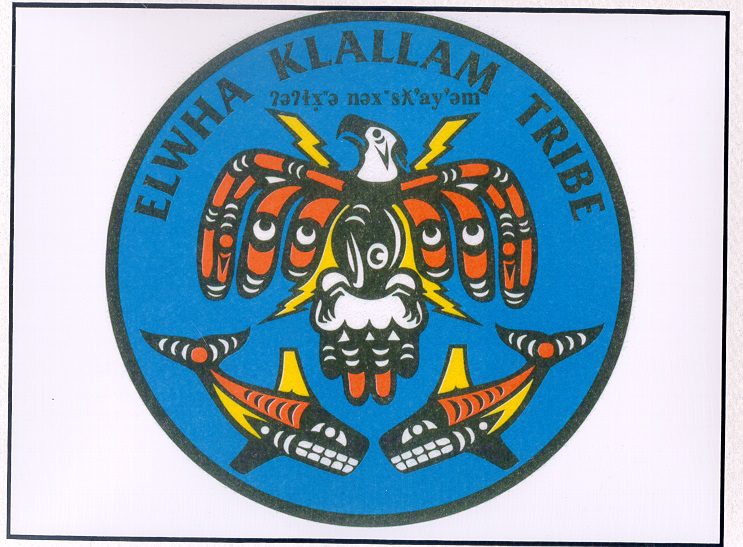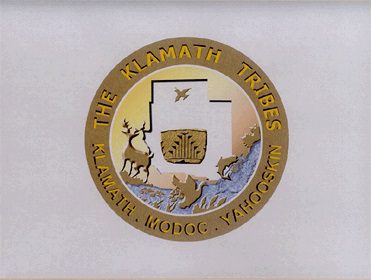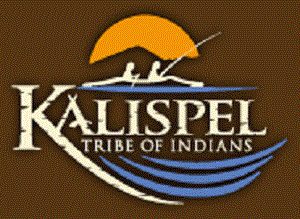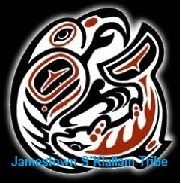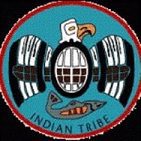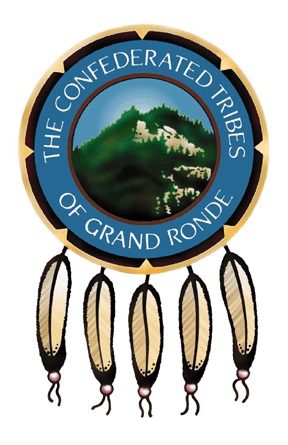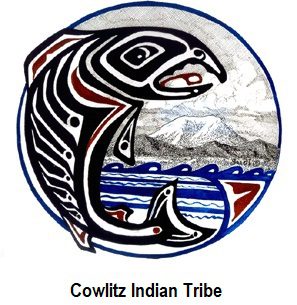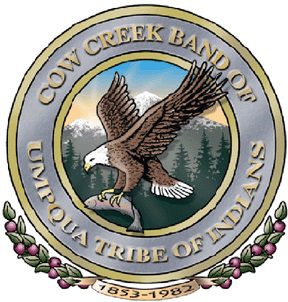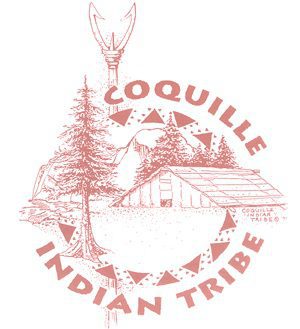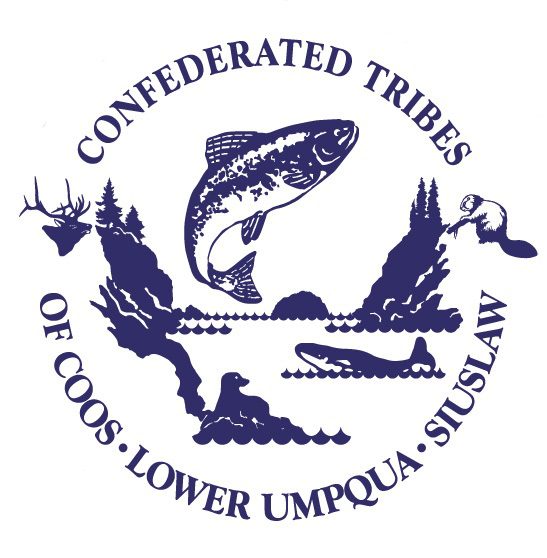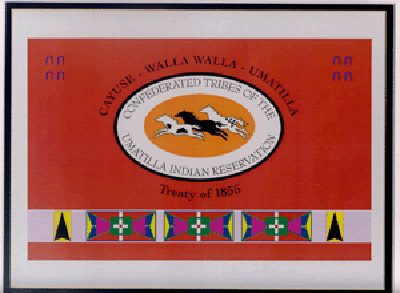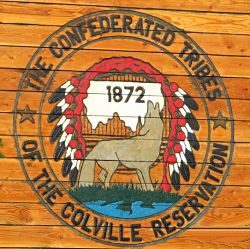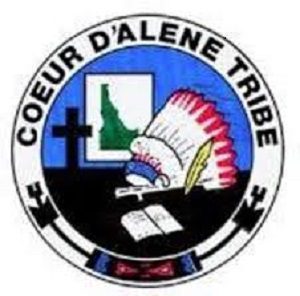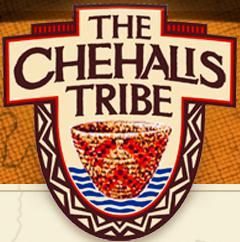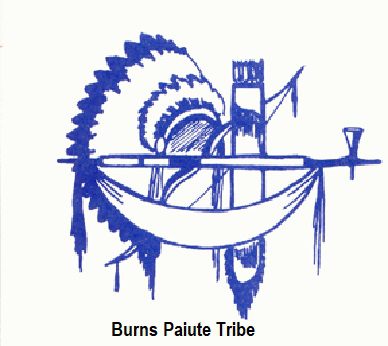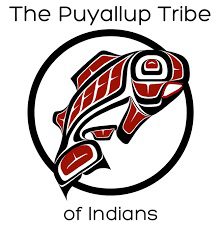The Northwest Band (NWB) of the Shoshone Nation do not operate a health care facility. Tribal members residing on the Fort Hall Indian Reservation are provided health services through the IHS facility in Fort Hall, Idaho or by private doctors. The NWB Shoshone Community Health Department has a Contract Health Services Delivery Plan. This service delivery plan has been developed by the Community Health Department with technical assistance from the Indian Health Services. The purpose of this plan is to establish administrative responsibilities associated with the Contract Health Services Program. The tribe provides services out of the Blackfoot, Idaho office for both Idaho and Utah tribal members. Tribal health programs include a CHR and Indian Child Welfare and A&D Programs, in Idaho.
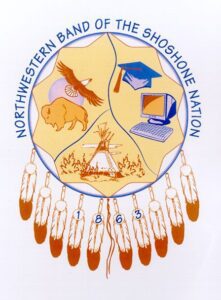
The Shoshone, Paiute, Bannock and Ute people are related, and call themselves Newe or Neme (the People). Prior to contact with Europeans, the Newe groups formed small extended-family groupings that traveled extensively as semi-nomadic hunter-gatherers to survive in the harsh environment of the Great Basin desert. Horses, guns, white contact, and disease destroyed this social organization, resulting in more formal identities and band loyalties. Pre-contact identities did exist to some extent according to the influence of horse ownership and resource use. What became the Northwestern Band of Shoshone band was part of those groups who had traveled largely on foot in a delicate balance of living off the land. The expression So-so-goi means “those who travel on foot.” The old ones called the Shoshone by that name. When horses became available, the So-so-goi joined the mounted hunting groups in annual harvests.
So-so-goi means “those who travel on foot.”
The Northwestern band of Shoshone received federal recognition and adopted a constitution and created a seven-member governing board in 1987. The Northwestern Shoshone have offices in Pocatello, Idaho, to serve those living in the southern Idaho, and Ogden, Utah, to serve tribal members living in the northern Utah.
Shoshoni, also written as Shoshoni-Gosiute and Shoshone is a Numic language of the Uto-Aztecan family, spoken in the Western United States by the Shoshone people. Shoshoni is primarily spoken in the Great Basin, in areas of Wyoming, Utah, Nevada, and Idaho
The NWBSN prides itself in selecting development projects and business ventures that will benefit it’s tribal members. Some of the tribes current business and economic ventures include Tope Technologies, Bear River Family Dental, and more in the works.
There were three major bands of Northwestern Shoshone at the time the first Mormon pioneers began settling northern Utah. Chief Little Soldier headed the misnamed “Weber Ute” group of about 400, who occupied Weber Valley down to its entry into the Great Salt Lake. Chief Pocatello commanded a similar number of Shoshone, who ranged from Grouse Creek in northwestern Utah eastward along the northern shore of Great Salt Lake to the Bear River. The third division of about 450 people, under Chief Bear Hunter, resided in Cache Valley and along the lower reaches of the Bear River. Bear Hunter was regarded as the principal leader of the Northwestern Shoshone, being designated by Mormon settlers as the war chief who held equal status with Washakie when the Eastern and Northwestern groups met.
NW Band of Shoshone
Tribal Website
2575 Commerce Way
Ogden, UT 84401
Phone: 435-734-2286
NW Band of Shoshone
Tribal Website
Tribal Headquarters:
2575 Commerce Way
Ogden, UT 84401
Phone: 435-734-2286
Fax: 435-734-0424
Pocatello Office:
816 E. Lander St.
Pocatello, ID 83201
Phone: 208.478.5712
Fax: 208.478.5713
For general inquiries and media requests:
hcrill@nwbshoshone.com (office manager Ogden, UT)
jwalker@nwbshoshone.com (office manager Pocatello, ID)
ggover@nwbshoshone.com (Tribe Executive Director)
Tribal Health
Member Tribes
